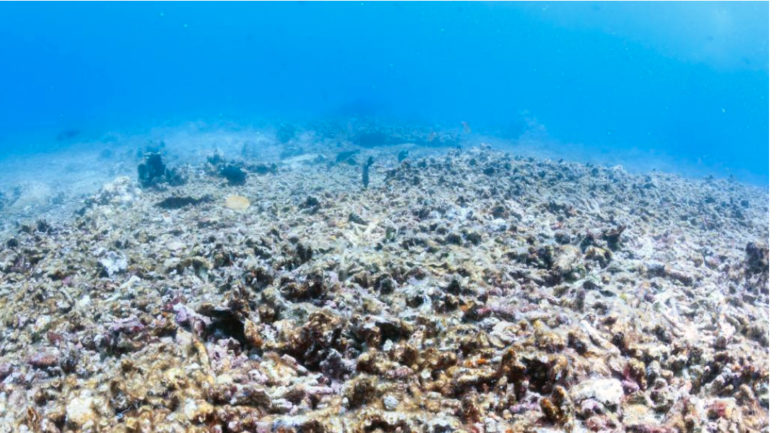Oceans cover 70% of the Earth’s surface area, forming the largest habitat on the planet. Coastal and shallow-water areas contain some of the world’s most diverse and productive ecosystems, including seagrass beds, mangroves, and coral reefs.
The 7000 islands of the Philippines are home to an enormous number of coral reef systems that not only contribute to global atmosphere health but also to the health of the global marine life eco-system as well.
Scientists agree that there’s oxygen from ocean plants in every breath we take. Most of this oxygen comes from tiny ocean plants – called phytoplankton – that live near the water’s surface and drift with the currents. Like all plants, they photosynthesize – that is, they use sunlight and carbon dioxide to make food. A byproduct of photosynthesis is oxygen.
Scientists also believe that phytoplankton contribute between 50%-85% of the oxygen in Earth’s atmosphere. They aren’t sure because it’s a tough thing to calculate. In the lab, scientists can determine how much oxygen is produced by a single phytoplankton cell. The hard part is figuring out the total number of these microscopic plants throughout Earth’s oceans. Phytoplankton wax and wane with the seasons. Phytoplankton blooms happen in spring when there’s more available light and nutrients.
Coral reef polyps feed on phytoplankton, which is the bedrock of the oceans food chain. Damage to the coral reef causes a domino effect across the entire marine eco-system. Damage can come from a number of sources: dynamite fishing, dragging boat anchors, oil spills, global warming, other man-made catastrophes, natural disasters like typhoons, earthquakes, crown of thorns starfish attacks, and silt blankets from mountain water run-off after a rain storm.
The balance between all aspects of the oceans eco-system is a complex one that must be addressed carefully. Protection for the coral reef systems around the Philippines is an important focus especially in Scarborough Shoal and Benham Rise. The area around Benham Rise is the birthplace and nursery for Pacific Bluefin Tuna, which population is endangered and possibly on the edge of extinction.
Unregulated encroachment from other nations in the South China Sea presents a hazard for our coral reefs and health of the marine fishing industry, as well as a security hazard for the Philippines as a sovereign nation.
Intervention from the highest levels of government will be required to slow or stop the degradation of the Philippines coral reefs and marine eco-systems.
